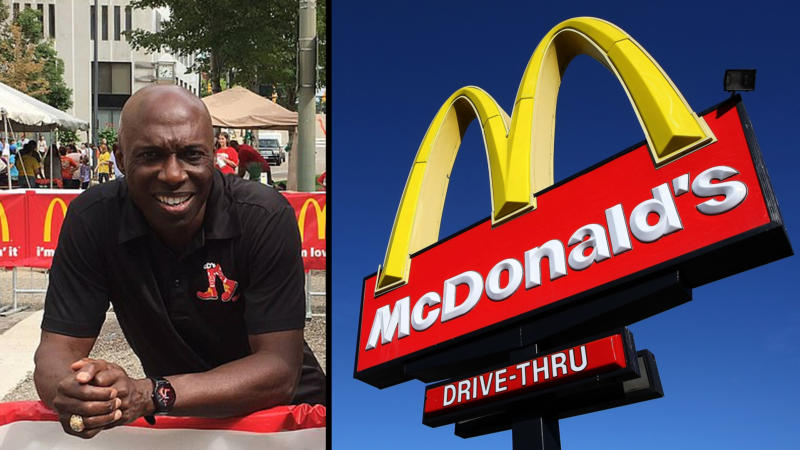It’s genuinely cheaper not to be racist.
Herb Washington once owned 27 McDonald’s restaurants, and now he will receive $33.5 million from the corporation after a recent lawsuit.
As previously reported by AfroTech, Washington took the fast-food giant to court following what he alleges was a string of racially charged motives to keep him from excelling as a Black franchisee.
Now, REVOLT reports that the chain has agreed to the amount citing that “discrimination has no place at McDonald’s.” They also noted that $33.5 million was a “fair price for the value of the restaurants” after reports came out that Washington was asked to not only drop the racial discrimination lawsuit but to leave his 13 McDonald’s businesses behind.
The Lawsuit
Washington — who is also a former Major League Baseball player for the Oakland A’s — first filed the lawsuit in the U.S. District Court located in Youngstown, OH back in February.
It was then that he made allegations that McDonald’s Corp. denied him and other Black franchisees the opportunity to purchase restaurants in affluent areas while also treating white owners more favorably.
“By relegating Black owners to the oldest stores in the toughest neighborhoods, McDonald’s ensured that Black franchisees would never achieve the levels of success that White franchisees could expect,” said the lawsuit. “Black franchisees must spend more to operate their stores while white franchisees get to realize the full benefit of their labors.”
The Problem
Aside from Washington’s claims, more than 50 former Black McDonald’s franchise owners were forced to sell around 200 stores, per reports made by REVOLT. The claims align with exactly what Washington implies is the case when it came to him as a Black owner.
Per Washington’s findings, the discriminatory practices encountered by himself and other Black franchisees caused a $700,000 sales gap between Black-owned franchises and white-owned McDonald’s franchises.
Just recently the company made a pledge to launch an initiative that would recruit new franchise owners from underrepresented communities along with providing them with $250 million over the span of five years to help with the cost of purchasing a restaurant.

















